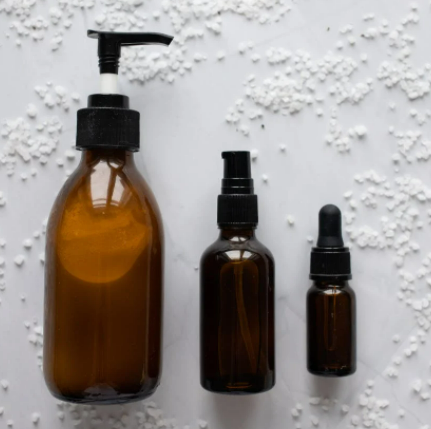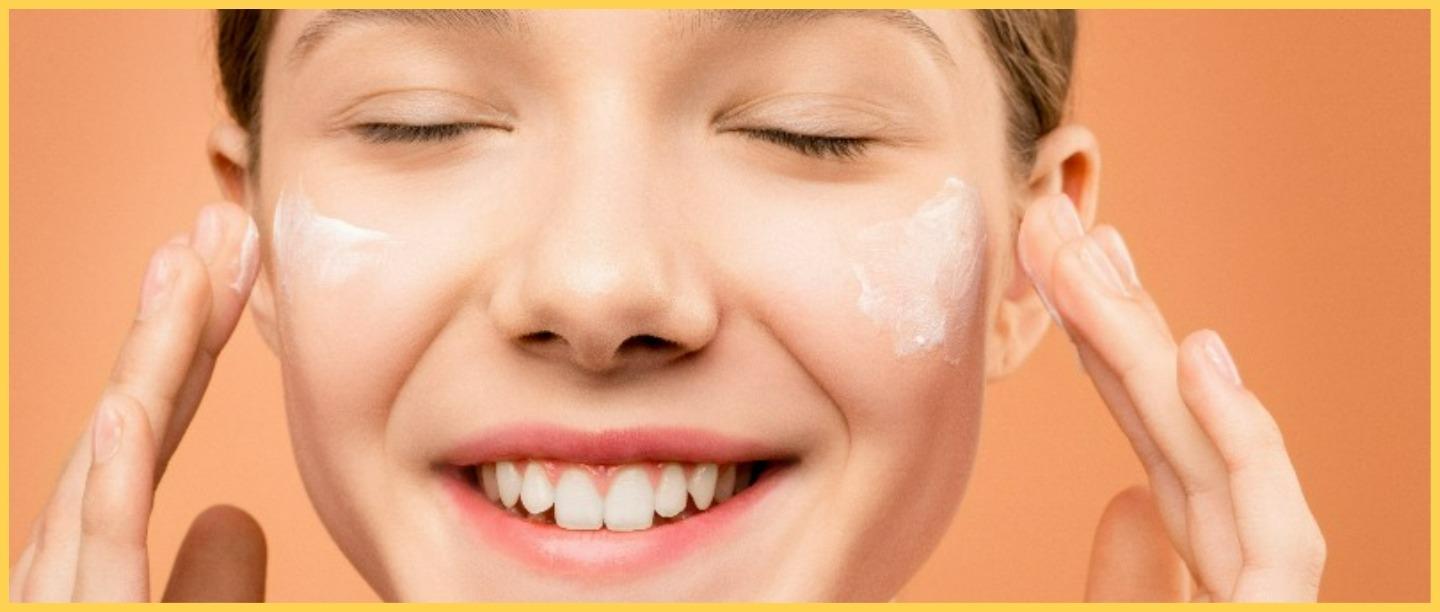It’s no secret that all of us could do with some good quality skincare. As the skincare industry is steadily booming, many new formulations are being introduced and exist to treat various concerns. Pair that with the idea of multi-step routines and you find yourself using more than just one product in your skincare regimen. You may have multiple skincare concerns and therefore opt for various products that treat each of them individually. But be warned, you cannot always use such targeted action products as it could be the recipe for disaster. To make sure you don’t ever have to experience uncalled for skin trouble, take note of these skincare ingredient pairings that you should avoid at all costs.
Skincare Ingredients You Should Never Use Together
Steer clear from these problematic ingredient pairings.

Vitamin C + Retinol
Vitamin C and retinol are both touted to help with dark spots, acne, and improving the texture of the skin yet they should not be used together because they are both powerful ingredients. Using them together will not translate to doubling your glow. Vitamin C works better during the day to protect your skin from free radical damage whereas retinol should only be used after sundown because it can cause photosensitivity if it comes in contact with the sun rays. These products, unless formulated together, should be used at different times of the day. Here’s an ideal skincare routine to help you maximise benefits from both these ingredients.
AM- Vitamin C + Sunscreen
PM- Retinol + Moisturiser
AHAs & BHAs + Vitamin C
Alpha hydroxy acids and beta hydroxy acids are often used in chemical exfoliation products and are acidic in nature which means the pH levels are higher. Vitamin C on the other hand is formulated with a low pH level to ensure its effectiveness. Using AHAs or BHAs like glycolic acid or salicylic acid together with vitamin C will disrupt the ideal pH levels and cause irritation, peeling and discomfort.
Retinol + Salicylic Acid
Salicylic acid is categorised as a beta hydroxy acid and this skincare ingredient is usually recommended for those with oily, acne-prone skin. Salicylic acid by itself can be quite harsh on the skin if it’s even a tad bit more concentrated in the product you choose. Using this with an active ingredient like retinol can be damaging because retinol also has an exfoliating effect on the skin’s layer. Both these combined can cause excessive dryness and irritation.
Retinol + Retinol
Even though we are being redundant, it is important to emphasize on this fact that retinol products shouldn’t be combined with other retinol products. So if your serum already has retinol avoid an eye cream that has retinol in its ingredient list. Doubling up on retinol can cause excessive dryness and discomfort. Make sure to use only one retinol product and layer on a hydrating product like a cream or gel-based moisturiser to hydrate your skin.
Benzoyl Peroxide + Retinol
Benzoyl peroxide is often prescribed by dermats for acne and even though retinol also treats acne, these two shouldn’t be applied together. Both these products cancel each other out and your skin will still see breakouts and spots with no trace of recovery. Other side effects are redness, increased discolouration and burning sensations.
If your skin feels barrier is compromised & you’re experiencing skin sensitivity and irritation, best to steer clear of all actives for a few days and stick to a simple skincare routine. We recommend:
So take a close look at your skincare routine and separate these ingredient pairings to avoid mishaps.
Featured Image: Pexels








